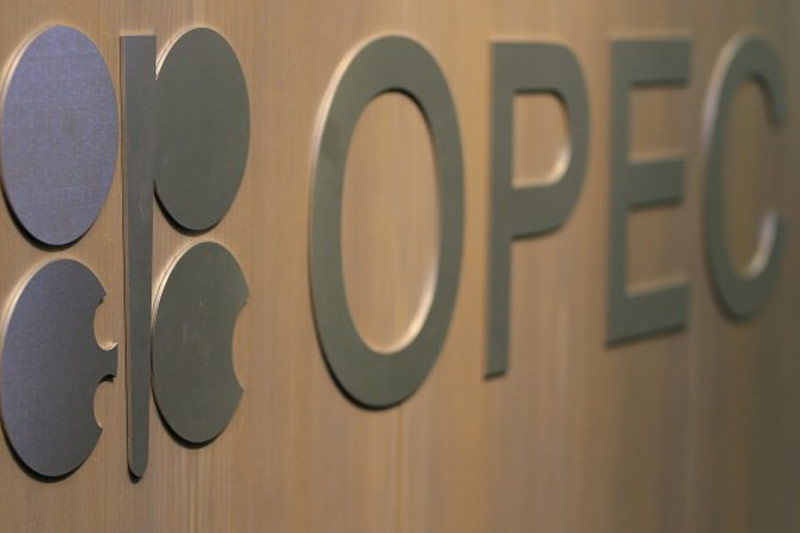Ahead of a key OPEC+ meeting, the oil markets remained stable on Wednesday, with expectations that the group may continue production limits into the first quarter of 2024. The deliberations come in response to positive inventory trends and solid demand projections, despite Saudi Arabia’s waning influence in the market.
Goldman Sachs has identified a one-in-three chance that OPEC+ will decide to implement further output reductions. This assessment, made on Tuesday, takes into account factors such as timespreads, inventory levels, and Saudi Arabia’s position in the market. With prices potentially dropping below $80 per barrel due to reduced demand in Q1, discussions have included the possibility of a proportional cut ranging from 0.5 to 1 million barrels per day (bpd) among major oil producers.
The current collective cuts by OPEC+ amount to 5.16 million bpd, which are further supported by additional voluntary curtailments from Saudi Arabia and Russia. These measures have been taken amidst optimistic demand forecasts from OPEC, which suggest that maintaining supply discipline could be beneficial for the market’s health.
As talks continue today, it is projected that during OPEC+’s Sunday meeting, there might be discussions on augmenting oil output cuts to tackle near-average timespreads and anticipated seasonal demand decreases while keeping oil prices steady. Goldman Sachs expects Saudi Arabia and Russia to announce the continuation of their extra voluntary reductions through Q1 of next year.
On Tuesday, Goldman Sachs considered the likelihood of an unchanged voluntary group cut by OPEC+ due to stable inventory levels and positive demand outlooks but noted a significant chance for a more substantial cut to ensure Brent crude remains above $80/bbl during Q1’s weaker demand period. This could lead to an immediate price reaction that skews neutral or downward if shared proportionally among major producers who have already made additional voluntary cuts since late 2022 – impacting roughly 5% of global daily demand – while taking into account Saudi Arabia’s already low market share.
The oil industry is closely monitoring the outcomes of OPEC+’s strategy to balance supply with demand and maintain market stability in the face of shifting global economic conditions.
This article was generated with the support of AI and reviewed by an editor. For more information see our T&C.
Read the full article here
